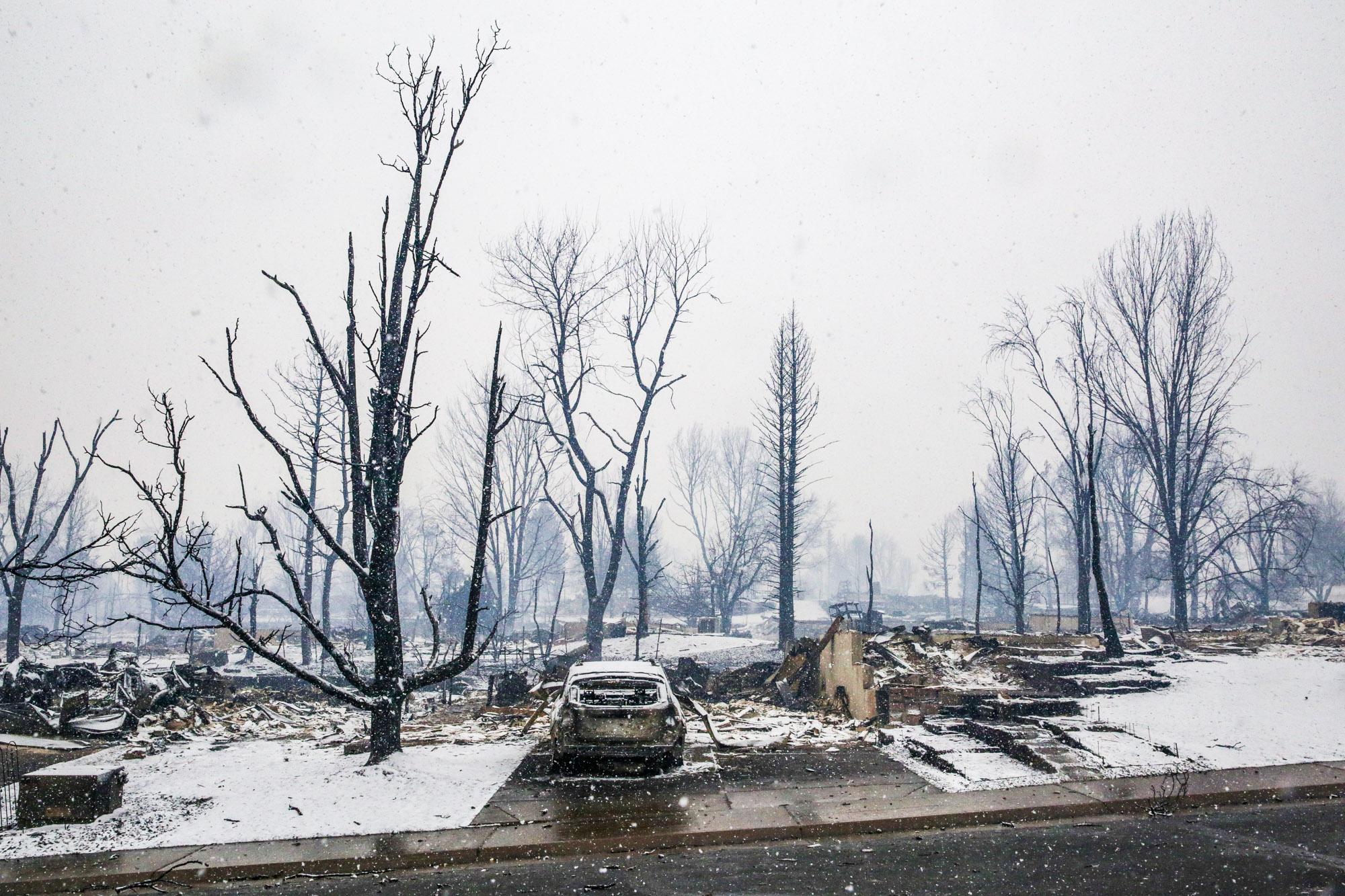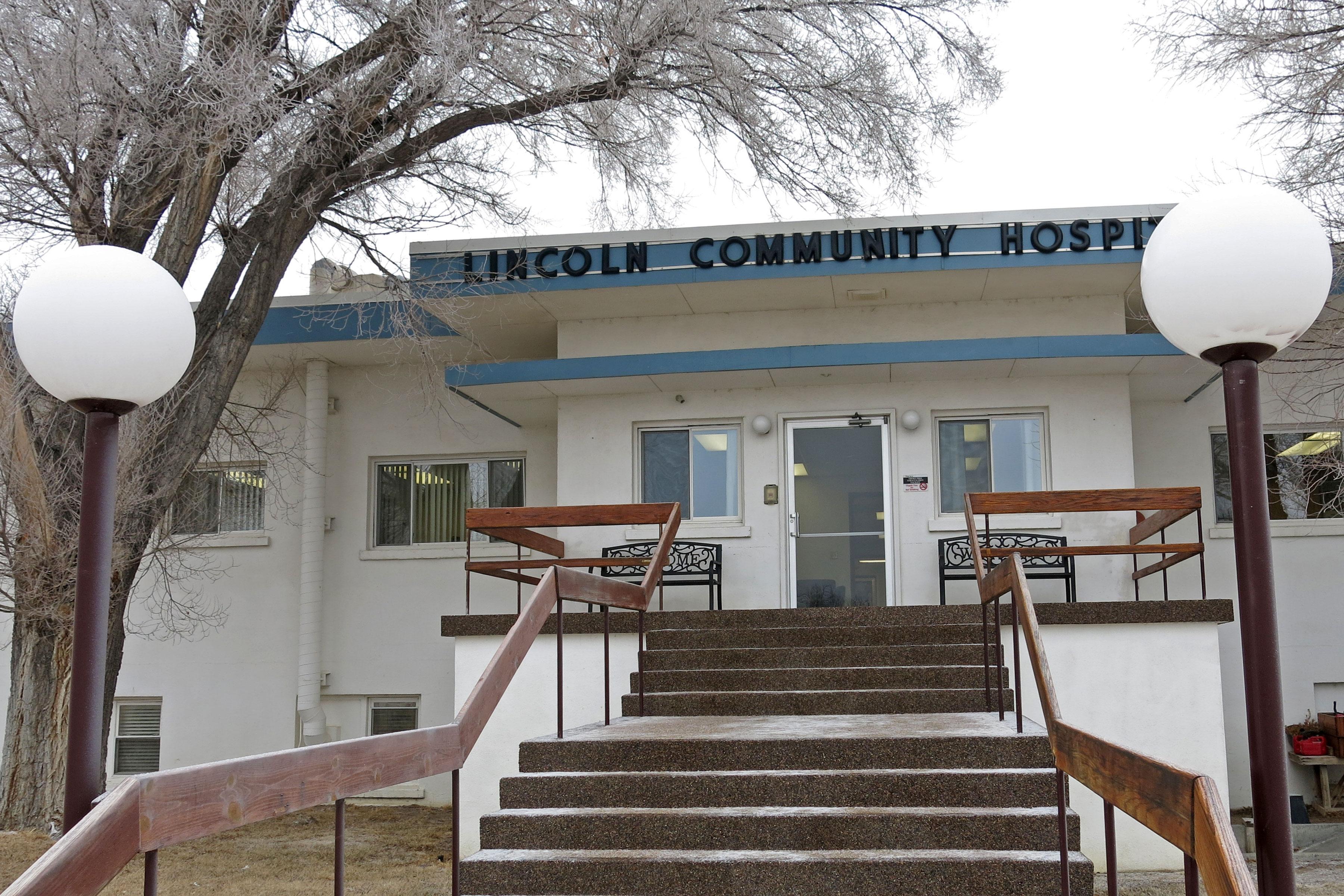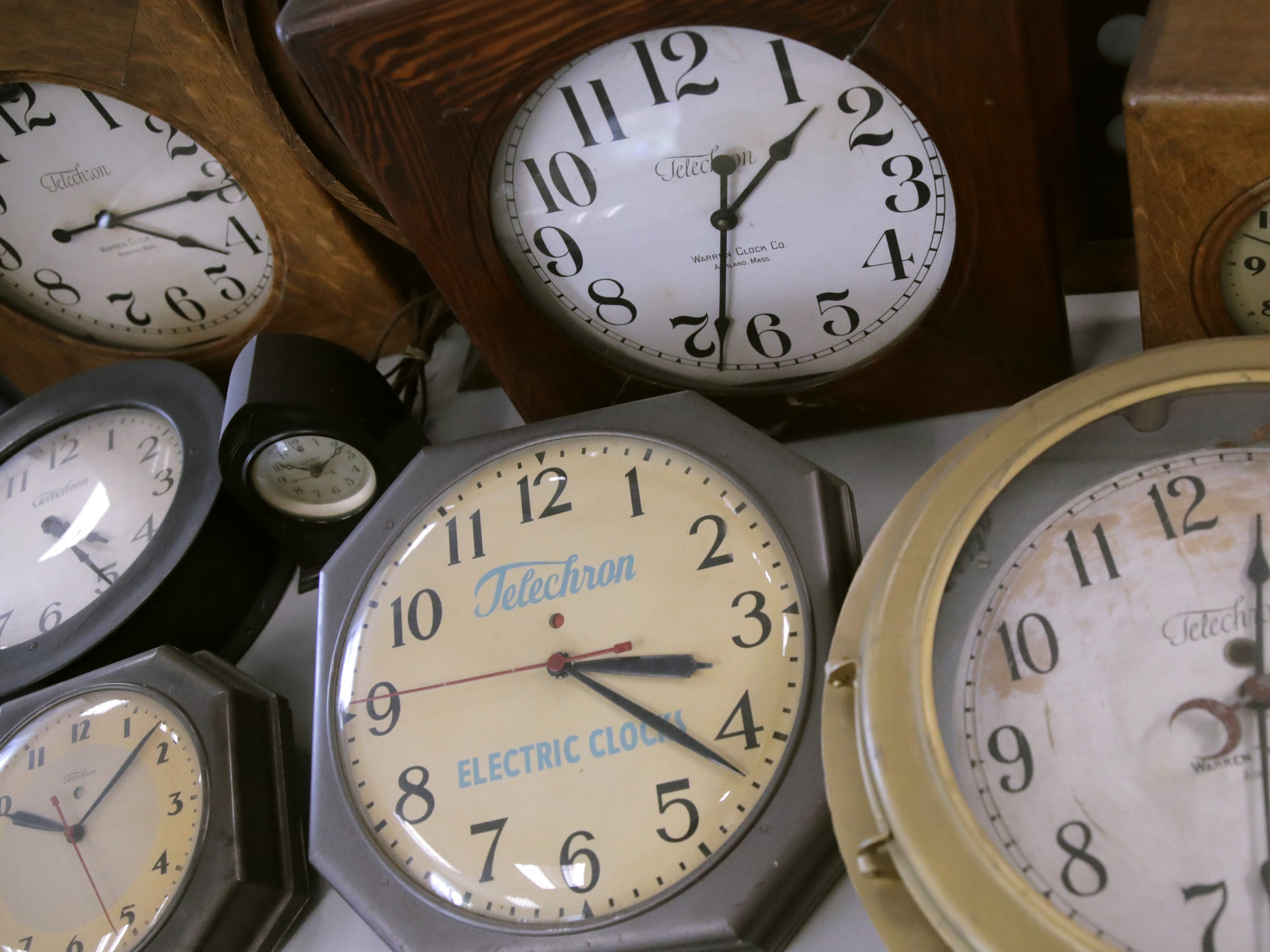
The U.S. Supreme Court may have given a boost this week to a 2018 Boulder lawsuit seeking to hold ExxonMobil and Suncor Energy accountable for allegedly misleading the public about the threats presented by climate change.
On Monday, the court declined to hear challenges to a Honolulu lawsuit against oil giants including Sunoco and Shell. The suit alleges that oil companies deliberately concealed and misrepresented how burning fossil fuels contributes to climate change, according to a brief.
The Hawaii lawsuit is similar to several dozen cases in cities around the country that seek some compensation from corporations to help pay for the expensive impacts of flooding, wildfires, pollution and other effects exacerbated by climate change. Boulder filed a suit along the same lines in 2018, which has been mired in legal challenges since then.
In 2023, the Hawaii Supreme Court allowed the Honolulu lawsuit to go to trial. In February 2024, fossil fuel companies asked the U.S. Supreme Court to block that decision.
By declining to review the case this week, the Supreme Court paved the way for that lawsuit to remain in state court. Lawyers for Honolulu can now begin seeking documents and questioning oil executives under oath. A final ruling is still likely many years away.
The outcome is a “significant milestone” according to Marco Simons, an attorney representing Boulder County, the City of Boulder and San Miguel County in their suit against the energy companies.
“The oil companies were hoping that the Supreme Court would bail them out,” Simons said. “The Supreme Court declined to do so, so that was kind of their best shot at this stage to try to get rid of these cases.”
According to Simons, Boulder’s suit was the first of its kind from a non-coastal community contending with severe weather outside of sea-level rise.
“Communities like Boulder are facing significant climate impacts, here and now,” Simons said. “We believe that the fossil fuel companies’ actions make them legally responsible for at least some of the climate harms facing these communities today.”
Colorado has experienced an increase in billion-dollar weather disasters since 1980, with some at least partially worsened by climate change, according to researchers. In 2021, the Marshall Fire ripped through Boulder County, destroying over 1,000 homes and causing more than $2 billion in property damage. The suit argues that the companies should foot at least some of the enormous bills communities face when rebuilding, or preparing for, climate-related disasters.
“The communities are not arguing that the oil companies are solely responsible [for climate harms], but they're also arguing that the bill should not fall entirely on Boulder County, the City of Boulder and their taxpayers,” Simons said.
Since the Boulder case was filed, Exxon and Suncor have tried to move the proceedings to federal court or dismiss it outright. In 2023, the U.S. Supreme Court declined to hear a challenge to the case, which cleared it to move forward in state court. In June, the Boulder District Court denied further motions to dismiss the case.
A February 11 hearing at the Colorado Supreme Court will review the district court’s decision.
Simons is hopeful that the developments in the Hawaii case bode well for Boulder’s lawsuit.
“I hope it sends a message to the Colorado courts that there's nothing wrong with hearing these claims about damage to Colorado communities in Colorado courts and applying Colorado state law,” Simons said.
If the Colorado Supreme Court allows the case to move forward, Boulder will join Honolulu and move to the discovery stage of litigation.
- Boulder is one big step closer to putting Exxon and Suncor on trial for climate change
- The climate has changed fires in Colorado. The Marshall fire could shift how firefighting and land management are done, too
- Boulder’s blockbuster climate lawsuit against Suncor and Exxon Mobil has a path forward
- An upcoming lawsuit calls for an air pollution crackdown at Suncor Energy’s Commerce City refinery
- Suncor Energy agrees to the largest air pollution penalty in Colorado history









